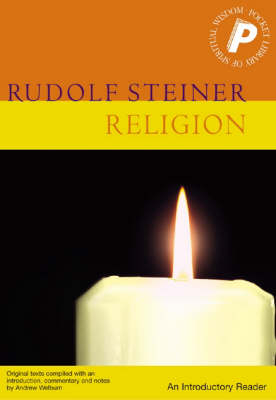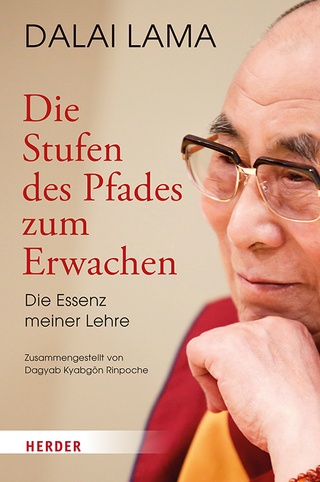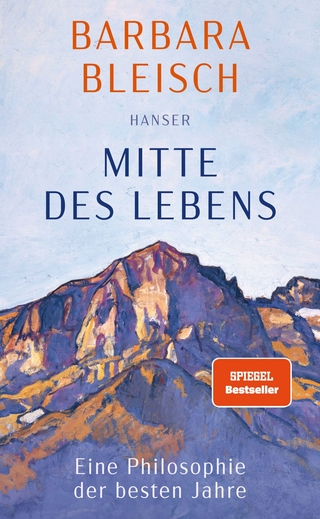
Religion
Rudolf Steiner Press (Verlag)
978-1-85584-128-4 (ISBN)
- Titel ist leider vergriffen;
keine Neuauflage - Artikel merken
Steiner's original contribution to human knowledge was based on his ability to conduct spiritual research, the investigation of metaphysical dimensions of existence. With his scientific and philosophical training, he brought a new systematic discipline to the field, allowing for conscious methods and comprehensive results. A natural seer from childhood, he cultivated his spiritual vision to a high degree, enabling him to speak with authority on previously veiled mysteries of life.
Topics include mysticism and beyond: the importance of prayer; the meaning of sin and grace; rediscovering the Bible; true communion; rediscovering the festivals and the life of the earth; finding one's destiny: walking with Christ; the significance of religion in life and death; Christ's second coming: the truth for our time; universal religion: and the meaning of love.
This volume provides an excellent introduction to Steiner's Christology and approach to religious renewal, which led to the formation of The Christian Community. It includes an introduction, notes, and commentary by Andrew Welburn, author of Rudolf Steiner's Philosophy: And the Crisis of Contemporary Thought (Floris Books, 2012).
Rudolf Steiner (1861-1925) was born in the small village of Kraljevec, Austro-Hungarian Empire (now in Croatia), where he grew up (see right). As a young man, he lived in Weimar and Berlin, where he became a well-published scientific, literary, and philosophical scholar, known especially for his work with Goethe's scientific writings. At the beginning of the twentieth century, he began to develop his early philosophical principles into an approach to systematic research into psychological and spiritual phenomena. Formally beginning his spiritual teaching career under the auspices of the Theosophical Society, Steiner came to use the term Anthroposophy (and spiritual science) for his philosophy, spiritual research, and findings. The influence of Steiner's multifaceted genius has led to innovative and holistic approaches in medicine, various therapies, philosophy, religious renewal, Waldorf education, education for special needs, threefold economics, biodynamic agriculture, Goethean science, architecture, and the arts of drama, speech, and eurythmy. In 1924, Rudolf Steiner founded the General Anthroposophical Society, which today has branches throughout the world. He died in Dornach, Switzerland. Andrew Welburn is a fellow of New College, Oxford. He has written, translated, and edited numerous books on spiritual science and early Christianity, including The Beginnings of Christianity: Essene Mystery, Gnostic Revelation and the Christian Vision (1991); Gnosis: The Mysteries and Christianity (1994); and Myth of the Nativity: The Virgin Birth Re-examined (2006).
| Erscheint lt. Verlag | 17.11.2003 |
|---|---|
| Übersetzer | M. Barton |
| Verlagsort | East Sussex |
| Sprache | englisch |
| Themenwelt | Geisteswissenschaften ► Religion / Theologie |
| ISBN-10 | 1-85584-128-2 / 1855841282 |
| ISBN-13 | 978-1-85584-128-4 / 9781855841284 |
| Zustand | Neuware |
| Haben Sie eine Frage zum Produkt? |
aus dem Bereich


